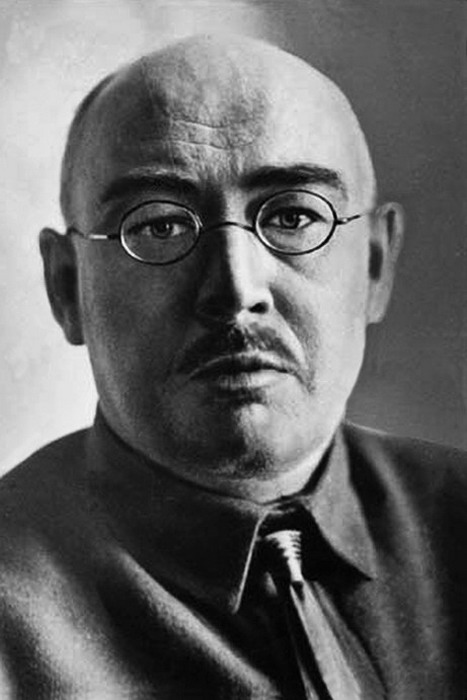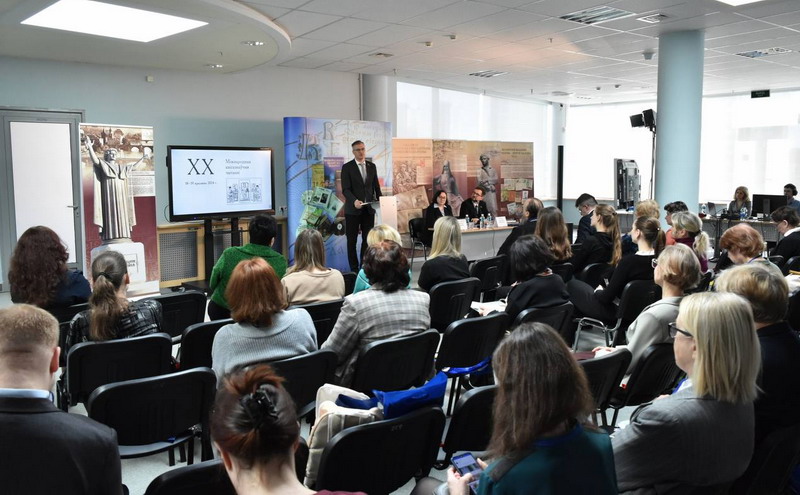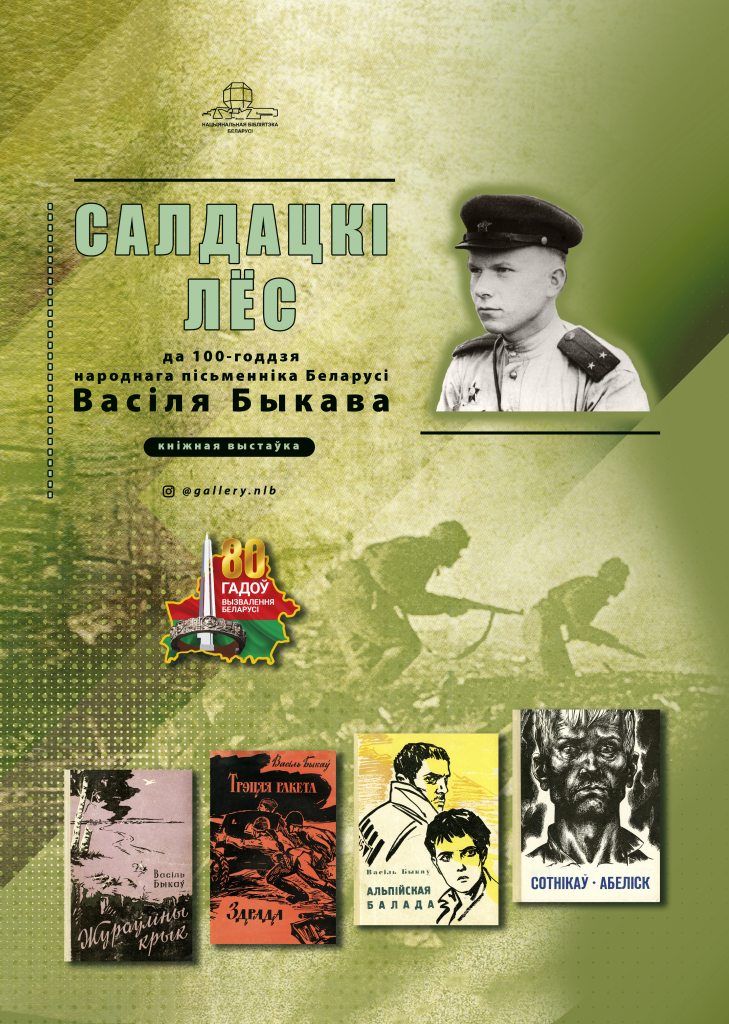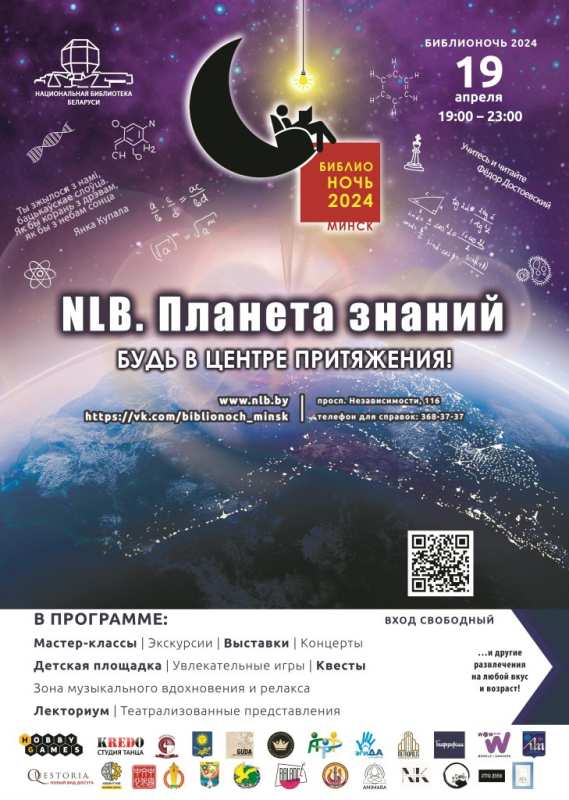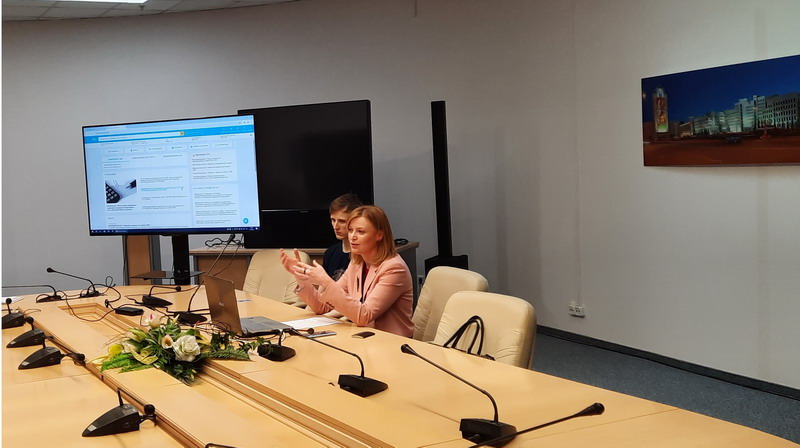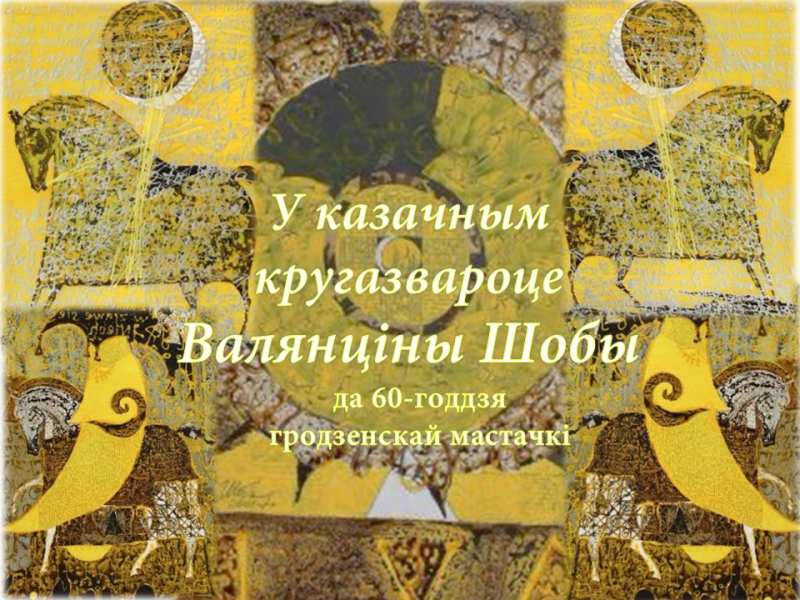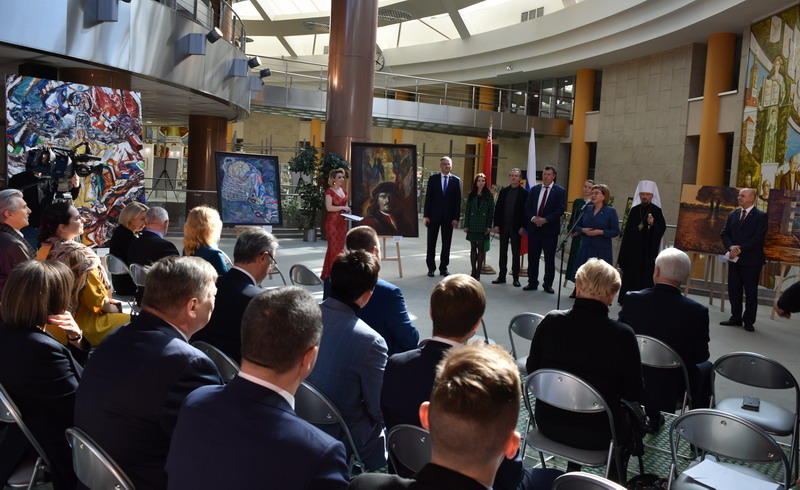April 19 marks the 140th anniversary of Usievalad Ihnatouski (1881‒1931), Belarusian historian, political and public figure, initiator of the creation of the Inbelcult.
Usievalad Ihnatouski was born in Tokary village of the Brest district in the Hrodna province (now the Kamianiec district of the Brest region) in the family of a village teacher. He received his primary education at the Vilnia gymnasium, from which he was later expelled for participating in youth political campaigns. He continued his studies at the Mahiliou seminary, from which he graduated in 1902. Then he entered the St. Petersburg Institute of History and Philology. In his student years, he became a member of the Socialist-Revolutionary Party. For participation in anti-government demonstrations, he was twice expelled from the educational institution.
In 1909–1911, Usievalad studied at the Yuryevsk (Tartu) University, after which he got a job in one of the private Vilnia gymnasiums. From 1914, he worked at the Minsk Teachers' Institute: first as a teacher of history and geography, then as a director. In 1915, he created a cultural and educational organization "Nash Kraj", which was transformed in 1917 into "Maladaja Belarus", and three years later into the Belarusian Communist Organization. During the Soviet-Polish war, he took part in an underground struggle against the Poles. He participated in the signing of the "Declaration on the Proclamation of the Soviet Socialist Republic of Belarus."
Usievalad Ihnatouski held high state and party positions for ten years. In 1920, he became the People's Commissar of Agriculture of the BSSR; the same year (until 1926) he headed the People's Commissariat of Education of the BSSR; was a member of the Bureau and Head of the Agitation and Propaganda Department of the Central Committee of the Communist Party; was a member of the Central Executive Committee of the USSR and the BSSR Presidiums.
Ihnatouski was one of the active founders of the Belarusian State University, where he held the position of professor, then – Dean of the Social Sciences and Pedagogical Faculties, Deputy Rector. With his direct participation, the Institute of Belarusian Culture (Inbelkult) was opened. In 1926, Ihnatouski was appointed Chairperson of the Inbelkult, and in 1927 became its President. After the transformation of Inbelkult into the Belarusian Academy of Sciences (1928), he became its first President, and at the same time served as Director of the Institute of History.
During the so-called campaign against “national democracy”, the scientist was removed from the position of President of the Academy of Sciences at the end of 1930, and later expelled from the party. Interrogations began at the Joint State Political Directorate. Under the pressure and tortures, Ihnatouski decided to take his life. He died on February 4, 1931. He was rehabilitated in November 1990.
Usievalad Ihnatouski became one of the most active statesmpersons of his time, who had a significant impact on the development of science, culture, the creation of the national education system, and the entire course of the national and cultural revival of Belarus. He was one of the leaders of the Belarusization policy, his works served as the basis for the national concept of the history of the Belarusian people. The scientist introduced the periodization of the history of Belarus, based on its state affiliation, according to which five periods are distinguished: Polack, Lithuanian-Belarusian, Polish, Russian, and Soviet.
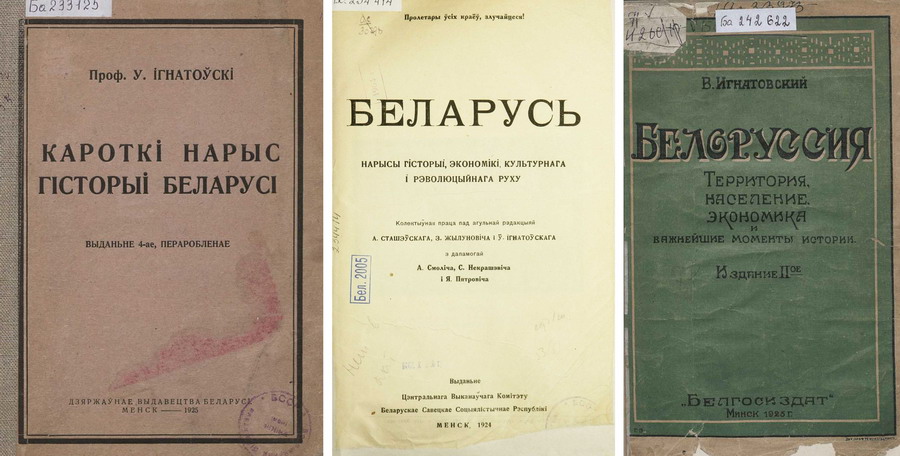
Ihnatouski is the author of more than 40 scientific and social-political works, including eight large monographic studies (some have been reprinted several times). He penned "A Short Essay on the History of Belarus" (1919), one of the first roundup pieces on the national history, "A Short Essay on the National Cultural Renessaince of Belarus" (1921), "Belarusian Poet M. Charot's Lyricism Motives" (1922), "Belarus: Territory, Population, Economy, the Most Important Moments of History "(1924)", "History of Belarus in 19th and the Beginnign of the 20th Century "(1925) and other works. Usievalad Ihnatouski's monograph "1863 in Belarus" (1930) was the first major study of the history of the uprising in Belarusian historiography. The scientist was also one of the authors and editors of the collective work "Belarus: Essays on Historiy, Economy, Cultural and Revolutionary Movement" (1924).
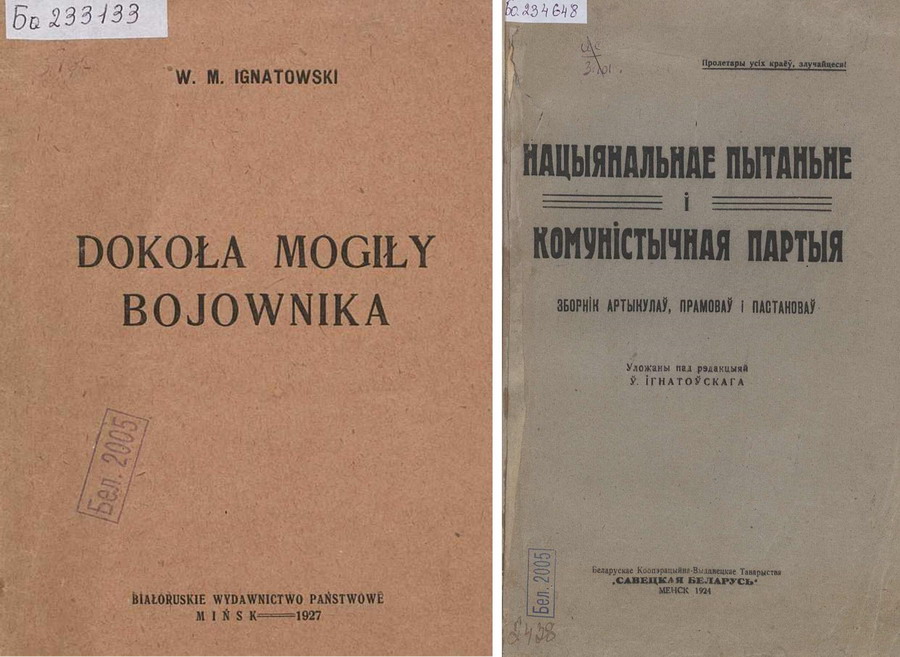
One of the streets in Minsk bears the name of the outstanding political and public figure. The former building of Inbelkult on Revalucyjnaja street bears a memorial plaque in honour of Ihnatouski. A memorial plaque was also installed in his homeland in the village of Tokary, Kamianiec district. The name of the famous fellow citizen was given to the Kamianiec central regional library.
In recent years, much has been done to study the scientific heritage, political and social activities of Ihnatouski. Information about his works stored in the collections of the National Library of Belarus, as well as numerous publications dedicated to the life and work of the scientist, is presented in the electronic catalogue. Biographical materials can be found in the online encyclopaedia "Belarus in Persons and Events", the National Database of Regulatory/Authoritative Records, on the websites of the Central Scientific Library named after Ja. Kolas of the National Academy of Sciences of Belarus, the Kamianiec Central Regional Library and other Internet sources.
Bibliology Research Department

